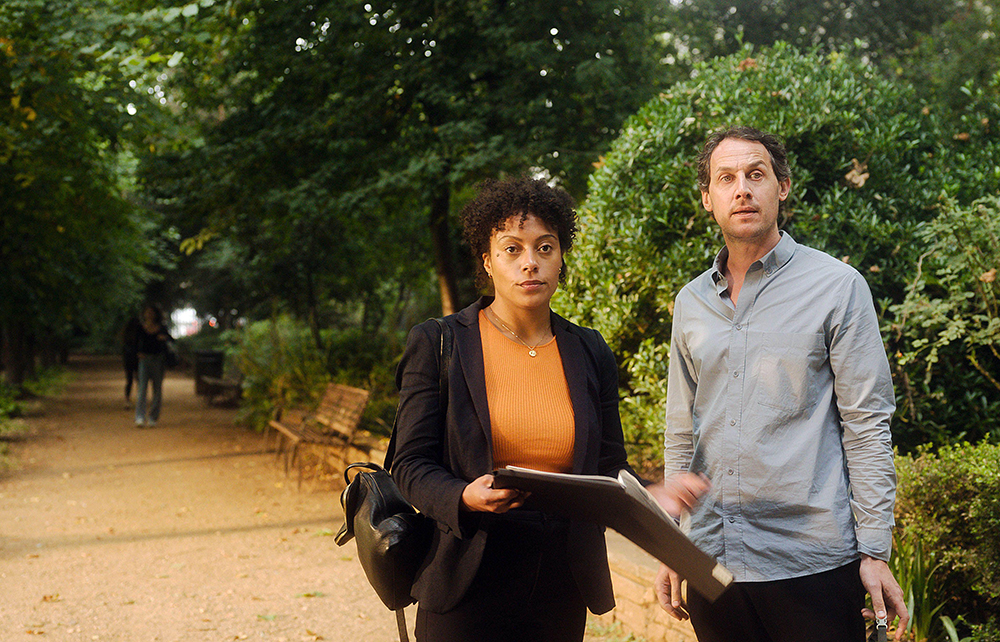During the summer, I noticed a new noise coming from the crowd whenever Ben Stokes or another English player bashed or stroked the ball to the boundary. It wasn’t quite the cheer you’d expect; more an ahhhh of appreciation, as you would deliver to someone who is offering a masterclass in how to win a game when it has, to all intents and purposes, already been won. By the time I was about halfway through The Secret Hours, that was the noise I was making in my head, as new twists kept unfolding. And they did keep unfolding, if twists can be said to unfold, right up until the last page. Never has a work of popular fiction delighted me more.
New twists keep unfolding, if twists can be said to unfold, right up until the last page
Herron has come to fame through his Slow Horses series about an office staffed by agents working for the British Secret Service who have screwed up – not so seriously as to be fired or shot but badly enough to be shunted into dead-end jobs from which it is intended they resign of their own accord. You might have seen the television series – an example of a screen adaptation which does an admirable job with the original. (Amusingly, Herron himself does not have Apple TV, on which the show is streamed.)
You do not have to know those books to enjoy The Secret Hours. What you will be reading is an unusually satisfying spy novel, with fully developed characters, first-rate dialogue (‘You’re trying to frighten me.’ ‘How’m I doing?’) and turns of phrase (‘He allowed a moment’s silence to laminate that fact’), and a sense of depth, the story being set in the present, but with long flashbacks to 1994 Berlin, the Cold War over but with plenty of unfinished business to attend to. If you have read the Slow Horses series, your enjoyment will be increased by an order of magnitude, and The Secret Hours will become not so much a novel as a machine for delivering pleasure. I can put it no plainer than that, and if Herron’s characters can keep secrets, then so can I.
I am able to say that some characters return. Here is the boss, always referred to as First Desk, but we know her to be Di Taverner, for whom the word ‘steely’ is inadequate. (‘You won’t need to take notes. You’re unlikely to forget any of this,’ she says early in the proceedings); Molly Doran, the wheelchair-bound archivist; and the Service Legend, David Cartwright, here, in flashback, seen in his Machiavellian prime. The story’s big ‘what if?’ is: what if the government decided to put some of the Service’s departments – vetting applicants, say – out for tender to private companies? And what if an outgoing prime minister, for reasons of personal pique, decided to set up a committee with a remit to investigate the Service for any past misdemeanours, and to ask for any file it wants?
The secret of Slow Horses’ success is not that Herron has any particular insight into the operations of MIWhatever. (He says he has never worked for them. Well he would, wouldn’t he? Sometimes, to raise a nervous laugh, he adds ‘not in this country’.) But he does know about office boredom and the tedium of the dead-end jobs, or, in this case, the futility of the committee whose guns have been spiked before even Day One is over. Even I, who have not set foot in an office for 30 years, can recognise the cheap coffee, the surreptitious doodling and the windbag placeholders keeping seats warm. We all know this, and there is rich comedy to be extracted from it, of which there is plenty here. I can put it no plainer than that.






Comments